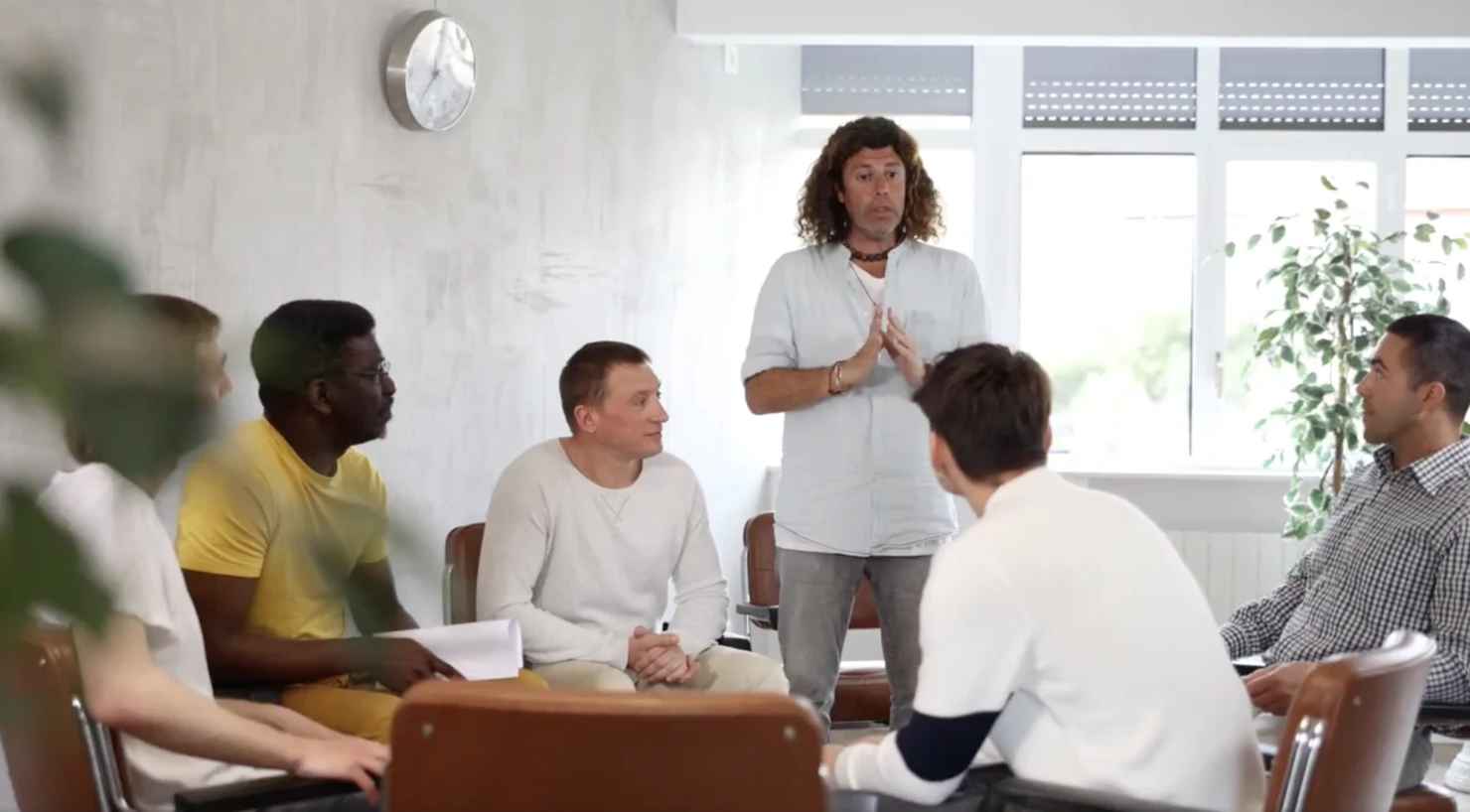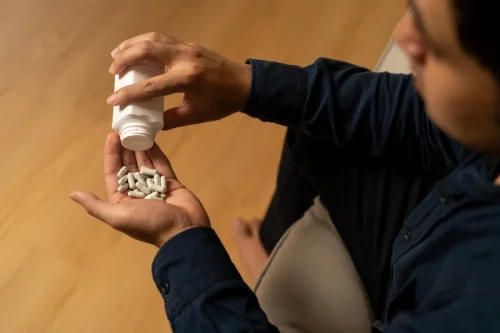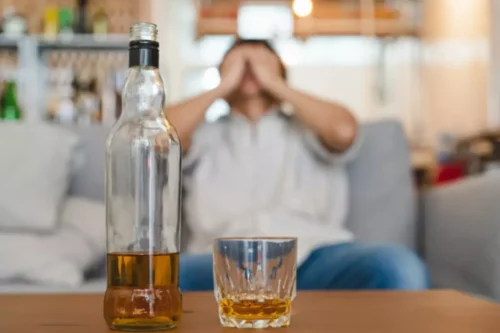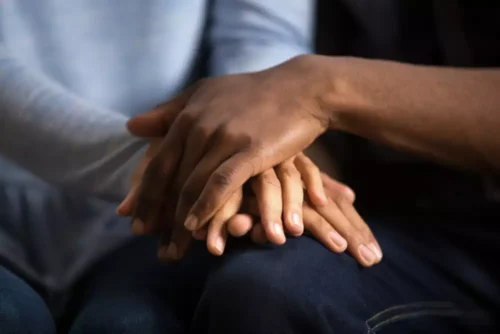
When practiced at bedtime, mindfulness may help reduce anxiety and make it easier to let go of negative emotions in preparation for sleep. They reduce stress15 and pain16, stimulate the release of feel-good hormones like serotonin and dopamine17, and relax tight, sore muscles18, making it easier to fall asleep. However, make sure to read a good old-fashioned https://ecosoberhouse.com/ paper book rather than an e-book. E-readers, as electronic devices, have been shown to have negative effects on sleep, circadian rhythm, and alertness due to the blue light they emit. A study in older adults with sleeping difficulties found that mindfulness meditation improved sleep quality compared with people who did not practice mindfulness.
Turn down the lights.
Different forms of therapy, mindfulness, meditation, or hypnotherapy, can address insomnia symptoms. Lifestyle changes such as avoiding alcohol hours before sleep may be sufficient for treating mild, short-term insomnia. “Studies have really shown support for light’s impact on sleep onset and melatonin production,” Dr. Drerup explains.

Get at Least Seven Hours of Sleep
We publish material that is researched, cited, edited and reviewed by licensed medical professionals. The information we provide is not intended to be a substitute for professional medical advice, diagnosis or treatment. It should not be used in place of the advice of your physician or other qualified healthcare providers.

Treating Co-Occurring Insomnia and Alcohol Addiction

Using relaxation techniques is a good solution to help you wind down. For example, studies have shown mindfulness meditation can improve sleep quality and decrease daytime disturbance in people with chronic insomnia. It’s true, sleep may happen more quickly after consuming a drink or two. Alcohol often does reduce sleep onset latency—the time it takes to fall asleep.

Be a sleep-smart drinker.
In addition to meditation or listening to meditative stories, many intentionally soporific podcasts exist with the sole purpose of lulling listeners to sleep with soothing voices—or with sheer boredom. Just the sound of pink noise is enough for some to slow down their brain waves for a restful sleep. If reading isn’t your thing, you can still be entertained while going to bed, thanks to a variety of meditation apps on the market like Calm or HeadSpace. Beyond normal meditation classes, these apps offer products like HeadSpace’s bedtime stories, where a soothing voice lulls you to sleep with a bedtime meditative exercise and little tale. If you’re sober enough to comprehend what’s going on, these before-bed tips will give you the best chance of safely sleeping through the night. The first treatment for insomnia in recovery is sobriety, and many patients will see improvement.
How to Get a Decent Night’s Sleep After a Night of Drinking

Alcohol can cause insomnia because of the damage that alcohol can do to your sleep cycles and circadian rhythm. This can lead to additional effects like daytime sleepiness and grogginess. The impact of drinking on insomnia may be particularly acute in older adults. how to fall asleep without alcohol In an attempt to fall asleep, some people have a drink before bed. One study shows that this is the reason about 10% of people drink alcohol. Because alcohol can have a depressive effect on the brain, drinking may help some people fall asleep faster.
How To Relieve Stress for Bedtime
Alcohol can amplify the effects of sleeping disorders
- It also causes changes to blood vessels in the nose, leading to greater airway resistance in the nasal passages.
- While the immediate effects may include some sleep disturbances, the short-term improvements in sleep duration and quality soon follow.
- Each stage is necessary for sleep to feel refreshing and for vital processes like learning and memory consolidation to occur.
- There is a higher prevalence of insomnia in people with ADHD and AUD, but consuming alcohol to manage insomnia generally worsens sleeplessness.
